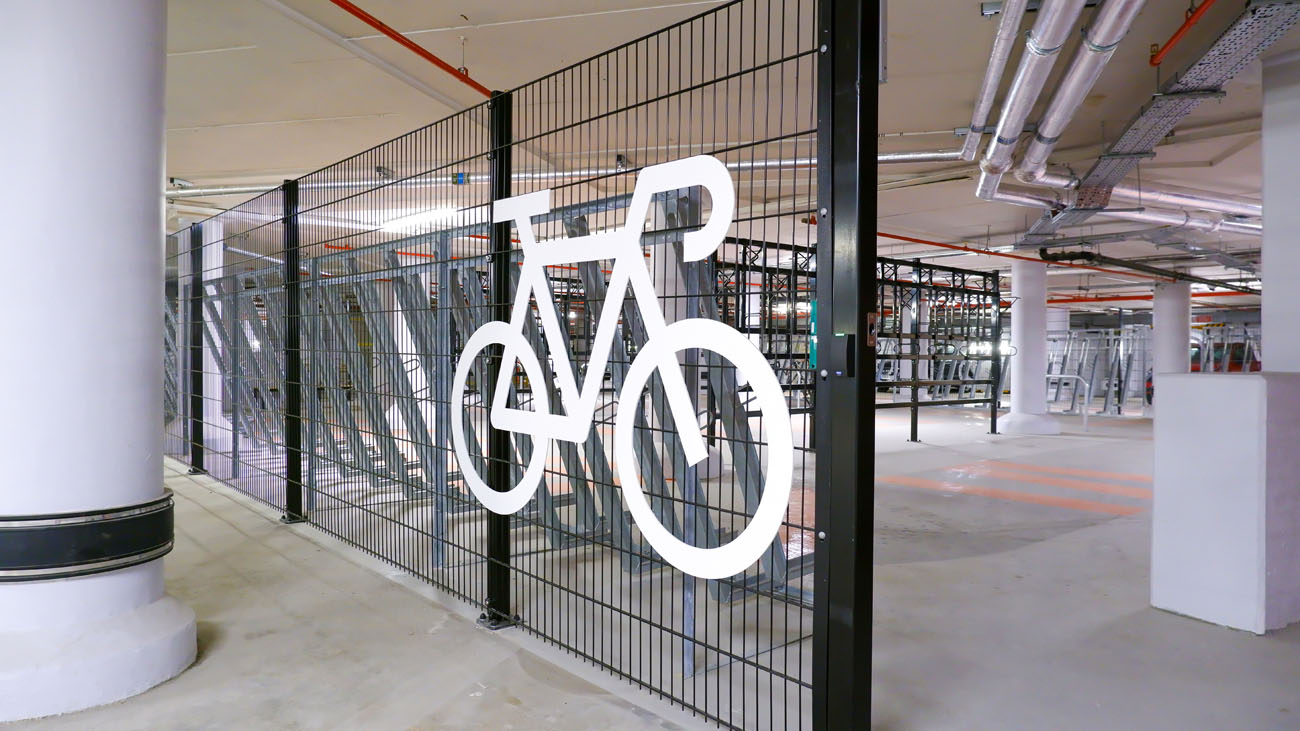Why Cycling should Be Added To The List of Allowed Activity During COVID-19
Yes, we’re bored of the coronavirus too. But, if you’re like us, then you’re looking for activities to keep your mind and bodies active – beyond working from home. We need something as relaxing as it can be intense to look forward to every day. That’s why we fully back the British Cycling Chief Executive, Julie Harrington, who wrote to Health Secretary Matt Hancock, in March, to encourage the Government to add cycling to its recommended activities during the current coronavirus outbreak.
Finding your drive and motivation while in isolation can be trying; mostly because we are currently limited on what we can do. Government regulations rightly have us adhere to one exercise trip a day, where we must “stay more than 2 metres from others”. This enforcement could be rendering your run with family or friends that little less social or it could be putting you off altogether.
Adding cycling to the recommended activities will not only allow current cyclists to turn their preferred source of travel into their daily workout, but it would encourage others to do the same. They might be inspired to get out the WD40, give their neglected bikes a once-over, and try out this healthy and sustainable lifestyle choice. If you’re looking for some help on maintenance for a rusty bicycle, then take a look at GCN Tech’s video.
A Healthy, Sustainable and Mindful Choice
Cycling shouldn’t be seen as only a mode of transport, for running medical supplies, emergency travel, or when shopping for necessary food supplies. Cycling is a healthy and sustainable form of exercise which boosts our immune system and helps regulate our mental health while making it easier to stay a safe distance from others. We can also control our level of a challenge making regulating injury easier.
Being in isolation for long periods can have damaging effects on our drive, energy levels and mental health. Even working out at home might not be providing the stimulation your mind and body gets when it’s outside. If you do not have a dog that you can walk each day, or do not find the prospect of a long walk intriguing, then cycling is a way for your daily activity to be outside in the fresh air while staying safe.
Following in Europe’s Footsteps
If Julie Harrington’s advice continues to be adhered to, we wouldn’t be the first country taking these steps and placing cycling at such high importance. In mid-March, Germany’s Minister of Health, Jens Spahn, appealed for people to walk or cycle rather than use public transport. Having a bicycle as our form of work travel, if we can’t work from home, is better for the environment, it regulates our social distancing and reduces the threat of the virus.
However, for countries on full lockdown like Italy, cycling is not permitted. Sadly, if the UK does not start better adhering to government regulations, there could be even more sanctions put in place to keep us safe which would also affect our ability to have the freedom cycling offers.
Taking The Pressure off the NHS
We are all united in our efforts to take the pressure off of our NHS. Therefore, those who do want to take to the streets on their bicycle should adhere to the following:
Dr Kate Hattersley, who works with charity Cycling UK, said in a statement from Cycling Weekly for healthy riders under the age of 70:
“There is no reason for you to stop cycling at present but make sure to do so at a safe distance from others. Visits to cafes and pubs should be avoided to limit exposure to infection. You should carry tissues to use when cycling, disposing of them safely in a bin as soon as possible. If you do visit a food outlet, you must wash your hands before and after visiting, and again on returning home.
“It’s also advisable to wash your cycling gloves, too. Remember to avoid touching your face if your hands are not clean.”
You should also take as much food and water as possible for your ride, to help you avoid having to stop in a shop and make social contact.
For riders over the age of 70, Dr Hattersley said: “The latest advice is to self-isolate at home for the next 12 weeks to protect yourself from infection. Exercise is encouraged but at a safe distance from others. This would permit cycling, but again, avoid visits to pubs and cafes for refreshments. Tissue use and handwashing advice are as above.”
In addition to being mindful about COVID-19, do monitor your body and don’t risk injury. Further strain on the NHS at this time is the last thing we need, and if you’re pushing yourself towards injury right now, stop. Ride within your limits, and enjoy the freedom.
Remotely Working – Fully Operational
While cycling is not banned at this time, only facing social restrictions, we genuinely feel it’s a great way to get out and active. If you think the same then share this post, keep people informed and engaged, and together we’ll get through this.
At Turvec, we can work remotely. We’re doing everything we can to keep ourselves and our customers safe and serviced. If you’re still working on a project and need advice, we’re always on the other end of the phone or webchat.





